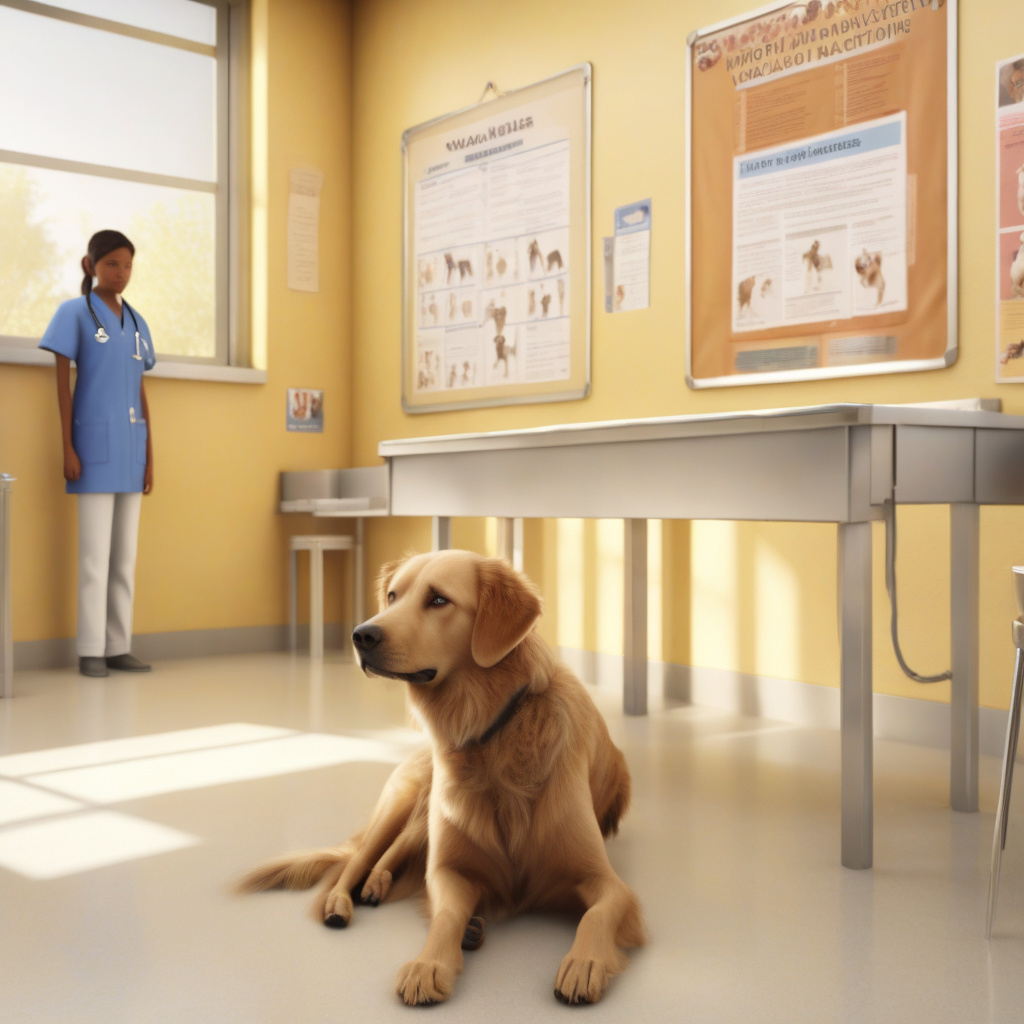The Importance of Timely Animal Vaccination Strategies in Preventing Disease Outbreaks
In the wake of the ongoing global health crisis, the significance of timely vaccination strategies for animals has never been more critical. Roxane Feller, the Secretary General of AnimalhealthEurope, has been a vocal advocate for the urgent need to revise Europe’s approach to animal disease prevention. With the world becoming increasingly interconnected, the risk of disease transmission among animals poses a significant threat to both animal welfare and human health.
The recent call for action by Roxane Feller underscores the pressing need for a proactive and comprehensive approach to vaccination in the animal health sector. As highlighted in a recent article on Innovation News Network titled “Why a timely animal vaccination strategy matters now more than ever,” the importance of vaccination cannot be overstated in curbing the spread of infectious diseases among animals.
One of the primary reasons why timely animal vaccination is crucial is its role in preventing disease outbreaks. Just like in humans, vaccines for animals help build immunity against specific pathogens, reducing the risk of infection and subsequent transmission. By ensuring that animals are vaccinated on schedule, we can create a protective barrier that limits the spread of diseases within animal populations.
Moreover, timely vaccination also plays a vital role in safeguarding public health. Many zoonotic diseases, which are infections that can be transmitted between animals and humans, pose a significant risk to human populations. Diseases such as rabies, avian influenza, and brucellosis can be transmitted from animals to humans, highlighting the interconnectedness of animal and human health. Through timely vaccination of animals, we can not only protect animal welfare but also reduce the risk of zoonotic disease transmission.
In addition to preventing disease outbreaks and protecting public health, timely vaccination strategies also offer economic benefits. Disease outbreaks in livestock can have devastating consequences for farmers and agricultural industries, leading to significant economic losses. By investing in vaccination programs and ensuring that animals are adequately protected, we can mitigate the economic impact of disease outbreaks and safeguard the livelihoods of farmers.
Furthermore, advancements in vaccine technology have made it possible to develop vaccines that are not only effective but also safe for animals. Modern vaccines are designed to provide long-lasting immunity with minimal side effects, ensuring that animals can be protected without compromising their health and well-being. By leveraging these innovations in vaccine development, we can enhance the effectiveness of vaccination strategies and improve overall disease prevention efforts.
In conclusion, the importance of timely animal vaccination strategies in preventing disease outbreaks cannot be overstated. As highlighted by Roxane Feller and experts in the field of animal health, proactive vaccination plays a crucial role in safeguarding animal welfare, protecting public health, and promoting economic stability. By prioritizing timely vaccination and embracing innovative vaccine technologies, we can build a resilient defense against infectious diseases and ensure a healthier future for both animals and humans.
#animalhealth, #vaccinationstrategy, #diseaseprevention, #publichealth, #economicbenefits












